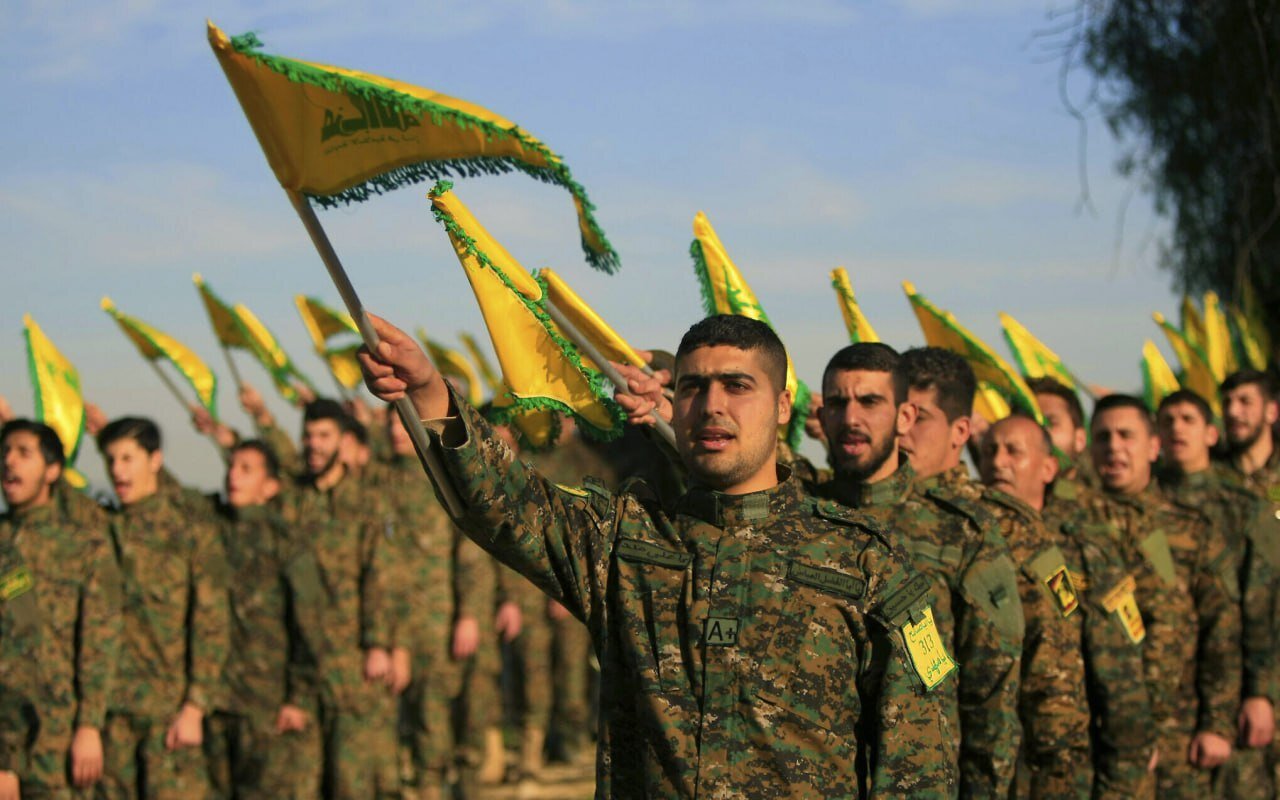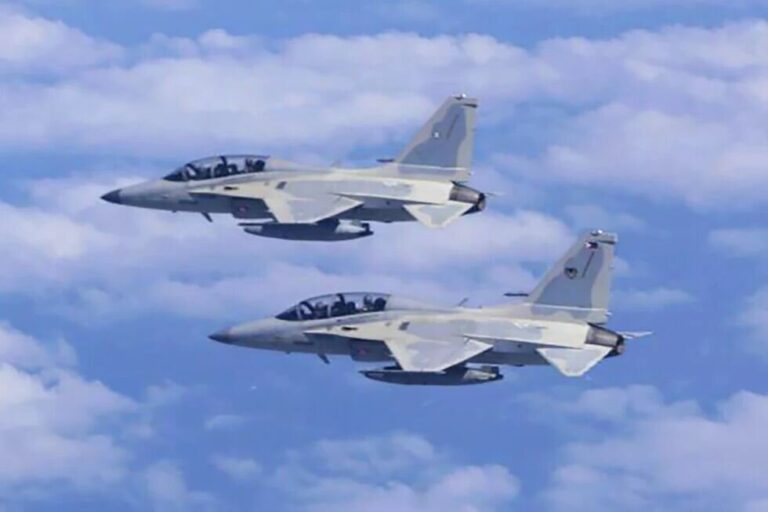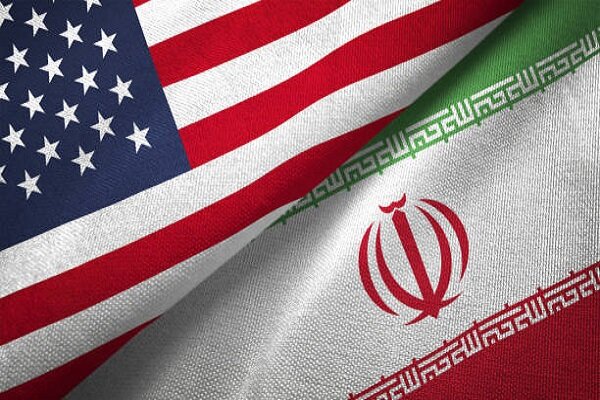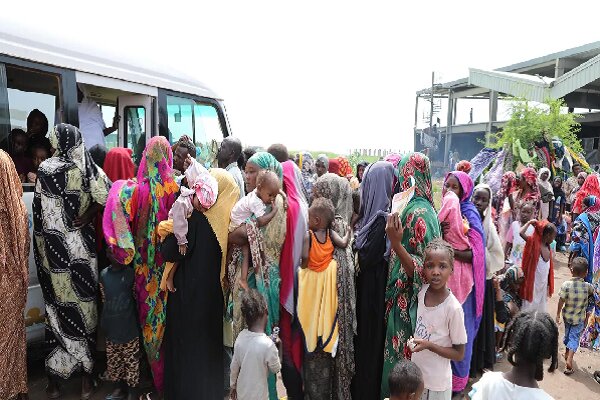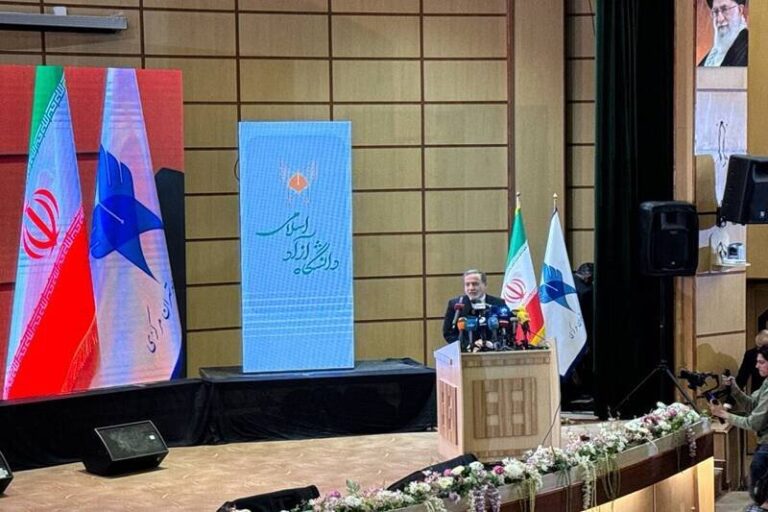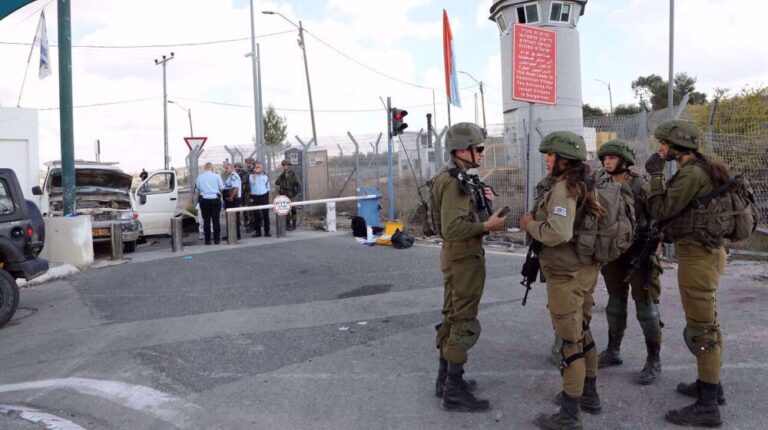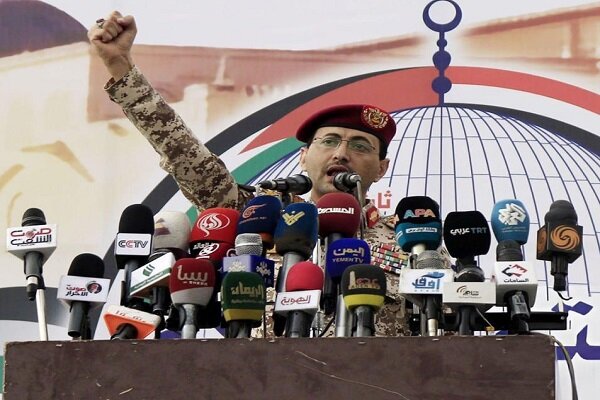Hezbollah Official Declares: ‘No Force Can Disarm Us’ – A Bold Stance Amid Rising Tensions
In a recent interview with Lebanon’s Nour Radio, Hajj Wafiq Safa, head of Hezbollah’s Liaison and Coordination Committee, addressed the ongoing discussion about the disarmament of the resistance. He firmly rejected the notion, labeling it as a narrative pushed by online provocateurs. This article explores his statements and the broader implications for Hezbollah and its role in regional defense.
“The word ‘disarmament’ exists only on social media and among the provocateurs,” Safa stated emphatically. He urged supporters not to be misled by these narratives, asserting, “To the resistance’s cradle I say: Everything you hear is maneuvers. Do not be swayed by them. No force can disarm us.” This declaration underlines Hezbollah’s unwavering commitment to maintaining its military capabilities.
Hezbollah’s weapons have historically served as a crucial defensive mechanism against what they describe as continuous Israeli aggression. Over the decades, the group has demonstrated its military effectiveness during significant conflicts, particularly during:
- 2000 Lebanon War: This conflict showcased Hezbollah’s ability to repel Israeli forces, culminating in a retreat that surprised many.
- 2006 War: Another pivotal moment where Hezbollah’s strategic deployment of arms forced Israel into a humiliating withdrawal.
These events have reinforced the belief among Hezbollah supporters that the group’s military strength is essential for Lebanon’s sovereignty, particularly regarding the disputed Shebaa Farms area. Safa highlighted that Hezbollah’s armaments have proven indispensable in safeguarding Lebanese territory against external threats.
Since the escalation of Israeli attacks in October 2023, Hezbollah has intensified its military operations. The movement has conducted numerous retaliatory strikes against the occupied Palestinian territories, further emphasizing its role as a defender of Lebanese interests. Safa pointed out that Hezbollah has successfully thwarted numerous Israeli military incursions, showcasing its readiness and capability to respond to any aggression.
In light of these developments, the discussion around disarmament appears to be more than just a political talking point; it reflects a broader struggle for power and influence in the region. Hezbollah’s leadership believes that their military readiness is a vital deterrent against potential aggressors, and they are committed to maintaining this posture regardless of external pressures.
For many in Lebanon, Hezbollah’s military prowess is viewed as a necessary response to the existential threats posed by Israeli military actions. The group’s narrative positions itself as a guardian of Lebanese sovereignty, and its continued armament is portrayed as essential for national security.
As the situation evolves, the debate on disarmament will likely continue to be a contentious issue within Lebanon and among its regional neighbors. Supporters of Hezbollah assert that any calls for disarmament are fundamentally misguided and ignore the realities of the ongoing conflict. Meanwhile, opponents argue for a more diplomatic approach to resolving tensions in the region.
In conclusion, Hajj Wafiq Safa’s statements highlight Hezbollah’s commitment to its military capabilities amidst increasing regional tensions. The discussion surrounding disarmament, fueled by social media narratives, reflects deeper ideological divides and the complexities of regional politics. As events unfold, it will be crucial to monitor how these dynamics influence Lebanon’s security landscape and the broader Middle Eastern geopolitical climate.
